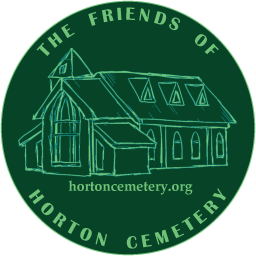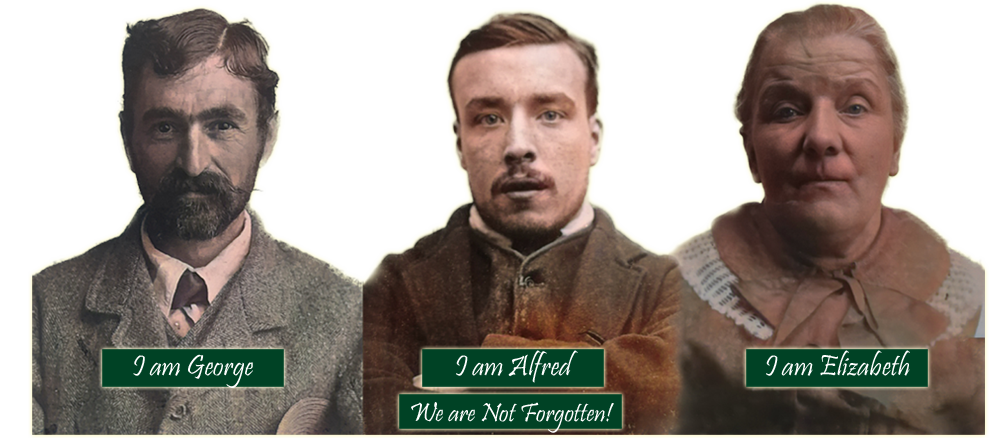b.1873-d.1902
Alexander’s parents and siblings
According to the certificate of his baptism which took place on 13 February 1874 in St Philip’s Church in Dalston, Hackney, Alexander was born on 21 October 1873. The baptismal entry also recorded that his father Thomas Alexander, a civil engineer, and his mother Isabella were living in Lavender Grove. Later documentation revealed that Alexander had been born at 3 Richards Villa, Lavender Grove, Hackney, Middlesex.
Alexander’s 37-year-old father had married 22-year-old Isabella Catherine Stewart Morison on 11 July 1868 in St John’s Church in Hackney. At the time of their marriage, Thomas was working as a surveyor and both were recorded as living in Queens Road. Their son William John Morison was born in 1869 and their daughter Rosalie Isabella in 1872. Following Alexander’s birth, his younger brother Harry Ernest was born in 1875.
The 1881 Census
The family was living in Flat 5, Quested Buildings in Brett Road, Hackney when the 1881 census was taken on the night of 3 April. The census recorded that Alexander’s father was by then working as a Civil Engineer and had been born in Fowey, Cornwall. The census also recorded that Alexander’s mother had been born in Malvern, Worcestershire.
The death of Alexander’s mother
Alexander was aged 15 when his 42-year-old mother died in 1888. Alexander had found work as a general labour and when the 1891 census was taken, he was recorded as lodging at Bow Chambers Lodging House at 195 Bow Road. His father and siblings, William and Harry were living at 34 Fairfield Road, Bow.
[The whereabouts of his sister Rosalie in 1891 is unknown but on 27 June 1896 she married Ronald Arthur Chapman at All Saints Church in Haggerston. The couple had three children, Clara, Harry, and Jessie, and moved to West Derby. Sadly, following the birth of Jessie in 1907, Rosalie was recorded as being a pauper lunatic. She died in Liverpool in 1936.]
The workhouse
Alexander was first admitted to the Mile End Road Workhouse in January 1896. Over the next four years he was discharged and readmitted several times.
During this time, on 26 October 1898, Alexander’s father Thomas died and was buried three days later in Chingford Mount Cemetery in Waltham Forest Cemetery.
A ‘pauper lunatic’
On 17 April 1900 Alexander was declared a pauper lunatic by the Guardians of the Poor of the Poplar Poor Law Union in the County of London and admitted to the Chartham Lunatic Asylum in Barming Heath, Kent. It is here in the Lunacy Admission Records where his alias of George Chapman was noted.
On 7 August 1902, Alexander was admitted to Horton Lunatic Asylum in Epsom where he later died on 27 November 1902. He was buried on 4 December 1902 in grave 80 in the Horton Estate Cemetery.
Alexander’s effects
On 6 January 1914 administration of Alexander’s effects valued at £800 5s 9d was granted to his paternal aunt Frances Catherine Steele [nee Mein], wife of Charles Steele. This value was re-sworn as £413 8s. On the same day Frances was also given administration to her brother Thomas’ effects valued at £1207 6s.
London, England, Selected Poor Law Removal and Settlement Records, 1698-1930
Historical Background
For centuries, the task of caring for the poor in England and Wales was assigned to the local parish. Each parish was given an Overseer of the Poor to help with this cause in 1572. In 1601, the Poor Law Act empowered these overseers to collect a poor rate, or tax, from wealthier members of the parish and distribute the funds among residents in need.
The 1601 law, and other supplemental acts, remained in effect until 1834, when the Poor Law Amendment Act took effect. This legislation collected parishes into groups called unions. Each union elected a Board of Guardians from among its ratepayers, and members of the board were then responsible for care of the poor within the union’s parishes. This system remained in place until 1930.
Right of Settlement
Because responsibility for indigent residents fell to the parish, authorities kept close tabs on who had a right to claim the parish as a legal place of settlement. People who could not legally claim the right of settlement could be sent back, or “removed,” to their last legal parish of settlement.
Right to settlement could be established by birth, residency for a prescribed period of time, marriage, renting property for at least £10 and paying the poor rate, or completing an apprenticeship, among other ways. Proving one’s right of settlement could include an examination or inquiry.



